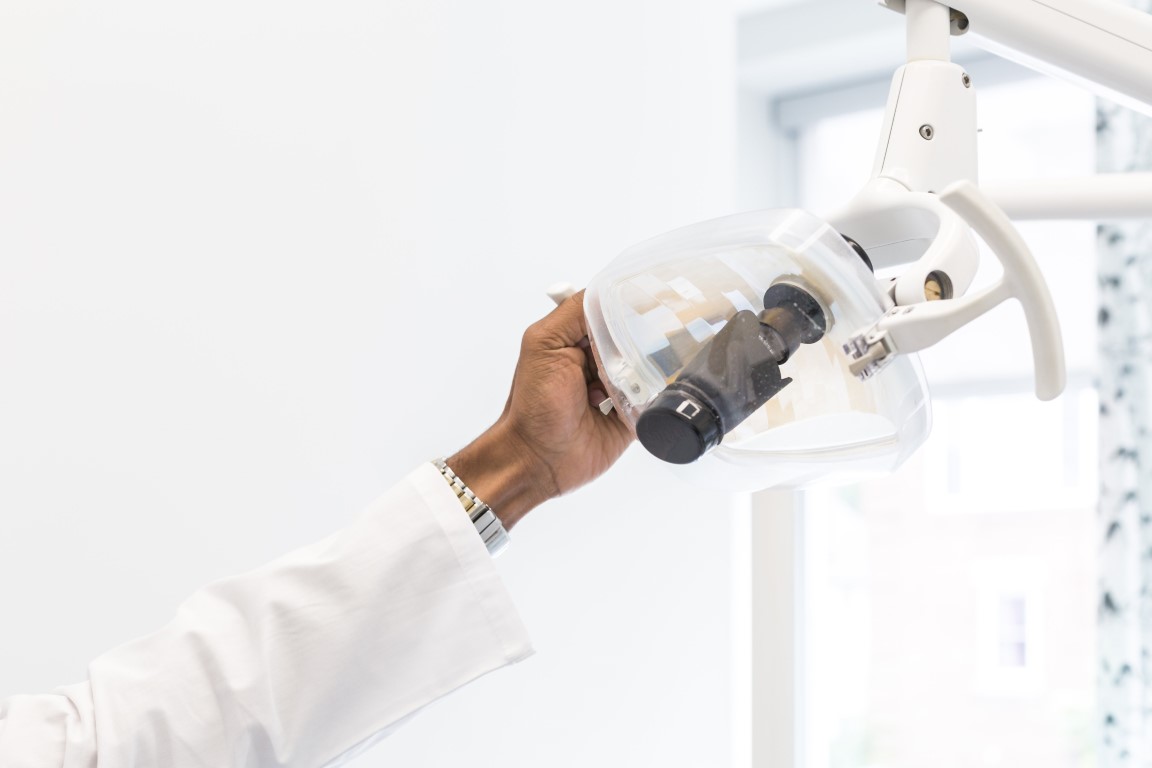There is more to a healthy smile than just cavity free teeth. Gums are an important part of dental health. They should be pink and not retracted from the teeth. Many individuals have receding gums. At the Upper Hunt Club Dental Centre in Ottawa, we see quite a few patients with receding gums, here is what you need to know about receding gums.
What Are Receding Gums?
Receding gums, which is also known as gingival recession, involves the roots of a tooth. Basically, the gums have retracted, and this root has become exposed. This is not normal and teeth can be greatly impacted by it down the road.
The Causes Of Receding Gums
For most people, receding gums don’t just happen. There are quite a few causes of gingival recession. These include:
Periodontal Disease- This is the number one cause of gums becoming receded. Basically, the gums get infected, and periodontal disease destroys the gum’s tissues. It can also destroy the bones that support the teeth. This may lead to gum loss.
Genes- If your gums are receding, it may be because of your family history. Your genes may make your gums more susceptible to recession. What this means is that even if you have impeccable hygiene, you may still be at risk for gum disease.
Brushing Too Hard- We all want to have good brushing habits, but you can actually brush your teeth too hard. If you do this too often, your tooth’s enamel can wear away. This will eventually cause you to have receding gums. You don't need to brush your teeth too hard in order to get them clean. Also, it is recommended to use a tooth brush with soft bristles.
Poor Oral Hygiene- It is extremely important to have good oral hygiene. Poor dental care can lead to receding gums. Without proper brushing and flossing, plaque will build up and then turn into tarter. This substance is virtually impossible to remove on your own. Without a good dental cleaning, your gums will start to recede.
Changes in Your Hormones- Some women may experience gum recession due to fluctuations of their hormones. This is especially true during pregnancy or menopause. During these times, the gums are more sensitive than normal. This increases the chances of them receding.
Smoking- Many cigarette smokers have receding gums. This isn’t a coincidence. Tobacco users tend to have more plaque on their teeth. This leads to gum recession.
Teeth Grinding- Some people grind their teeth when they sleep or get stressed. This can lead to not only a sore jaw, but receding gums as well. This happens because too much force is put onto the teeth.
The Symptoms of Receding Gums
Many individuals will not notice that there is an issue at first because it happens gradually. The Upper Hunt Club Dental Centre in Ottawa may be the ones that spot the first signs of gum recession. Some symptoms you may discover on your own include:
• You may notice that your teeth may be more sensitive.
• A tooth might also look longer than it has in the past.
• You might also be able to feel a notch right around the gum line.
The Treatment Options For Receding Gums
Fortunately, there are some ways that gum recession can be treated. For those with a mild recession, they may only require a deep cleaning. This will need to be done at a dental Centre in Ottawa. During this cleaning, tartar and plaque will be removed from the teeth and their roots. If there is still any bacteria that remains, an antibiotic might be prescribed. Not all gum recession can be treated with a deep cleaning. Some individuals may need surgery. This is needed when their is an excessive amount of bone loss.
How To Prevent Receding Gums
It isn’t usually difficult to prevent receding gums. The most important thing is to have good oral hygiene. Brush your teeth at least twice a day, and floss your teeth once a day. See your dentist twice a year for checkups. If you notice any changes in your teeth, visit the Upper Hunt Club Dental Centre in South Ottawa to find out more information about the treatments and services that we offer. Contact us today to book an appointment!













